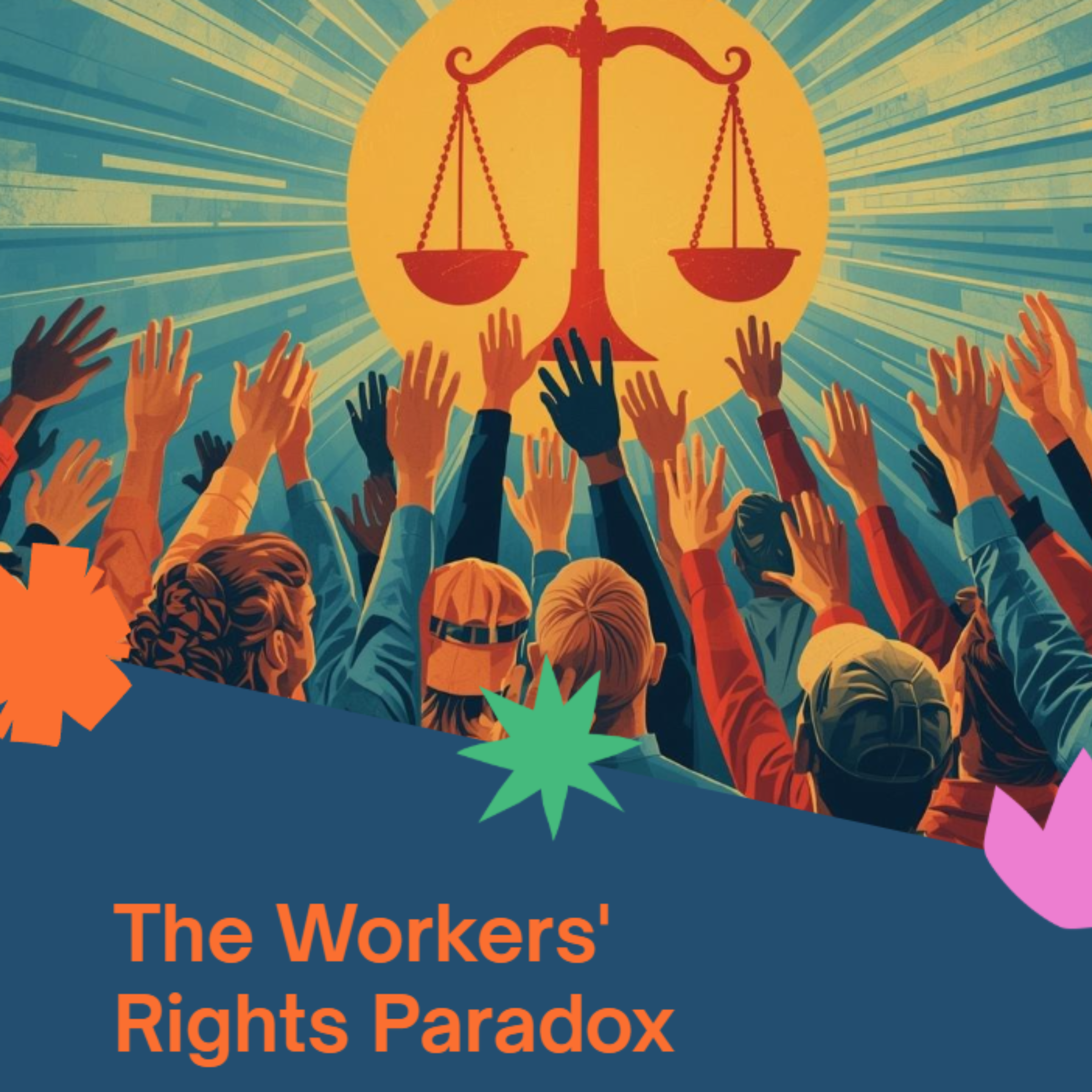Good News and Bad News for American Workers
The Good News: Rights Exist in Law
Workers possess substantial rights under both statutory law and the Constitution:
Statutory Rights (National Labor Relations Act)
- Right to organize and bargain collectively
- Right to discuss wages and working conditions with coworkers
- Right to file group complaints and petitions
- Right to engage in protected concerted activities
- Right to strike (including non-union strikes)
- Right to protection from retaliation
Constitutional Rights
- First Amendment: Freedom of speech and assembly
- Fifth Amendment: Due process protections
- Fourteenth Amendment: Equal protection under law
- Thirteenth Amendment: Freedom from involuntary servitude
The Bad News: Rights Without Enforcement Are Meaningless
The Enforcement Gap
The fundamental problem isn’t the absence of rights, but the lack of meaningful protection for exercising them.
Current Enforcement Reality:
- NLRB Process: Takes 2-5 years for resolution
- Penalties: Insufficient to deter violations
- Retaliation Protection: Exists only in theory
- Back Pay: Awarded years after the damage is done
- Reinstatement: Often meaningless after extended unemployment
The Economic Terror Factor:
Workers facing the choice between:
- Asserting rights → Risk immediate job loss, eviction, family hardship
- Remaining silent → Keep paycheck, survive another day
This creates a system where rights exist but cannot be exercised by anyone living paycheck to paycheck, which describes the majority of Americans.
The Political Reality: Congressional Silence on Enforcement
Why No Enforcement Legislation?
- Corporate Influence: Campaign contributions create legislative paralysis
- Union vs. Non-Union Divide: Politicians focus on union growth, not worker protection
- Economic Fear: Lawmakers fear being labeled “anti-business”
- Complex Coalition Politics: Worker protection gets lost in broader political calculations
- Incrementalism: Preference for weak reforms over meaningful enforcement
The Bipartisan Betrayal:
- Republicans: Generally oppose worker protections as “regulation”
- Democrats: Support unions but neglect the 90% of non-union workers
- Both Parties: Take corporate money while offering symbolic support to workers
The Constitutional Irony
The First Amendment guarantees the right to petition the government for redress of grievances, yet:
- Workers can petition (like this petition does)
- Congress can ignore (as they consistently do)
- No enforcement mechanism exists to compel action
- Political consequences are minimal due to corporate influence
The Ultimate Paradox
American workers have more rights on paper than most workers globally, but less practical ability to exercise those rights due to the deliberate absence of enforcement mechanisms.
This creates a sophisticated system of legal oppression where:
- Rights exist (maintaining democratic appearance)
- Exercise is impossible (maintaining corporate control)
- Government appears legitimate (while serving corporate interests)
- Workers blame themselves (for not asserting “available” rights)
The Legislative Solution Required
The petition’s core demand is meaningful enforcement mechanisms:
- Immediate protection (not years later)
- Prohibitive penalties (that deter violations)
- Universal coverage (not just union members)
- Expedited process (measured in days/weeks, not years)
Until Congress acts, the rights paradox will continue: workers will possess rights they cannot exercise, and Congress will maintain the appearance of democracy while serving corporate interests.

